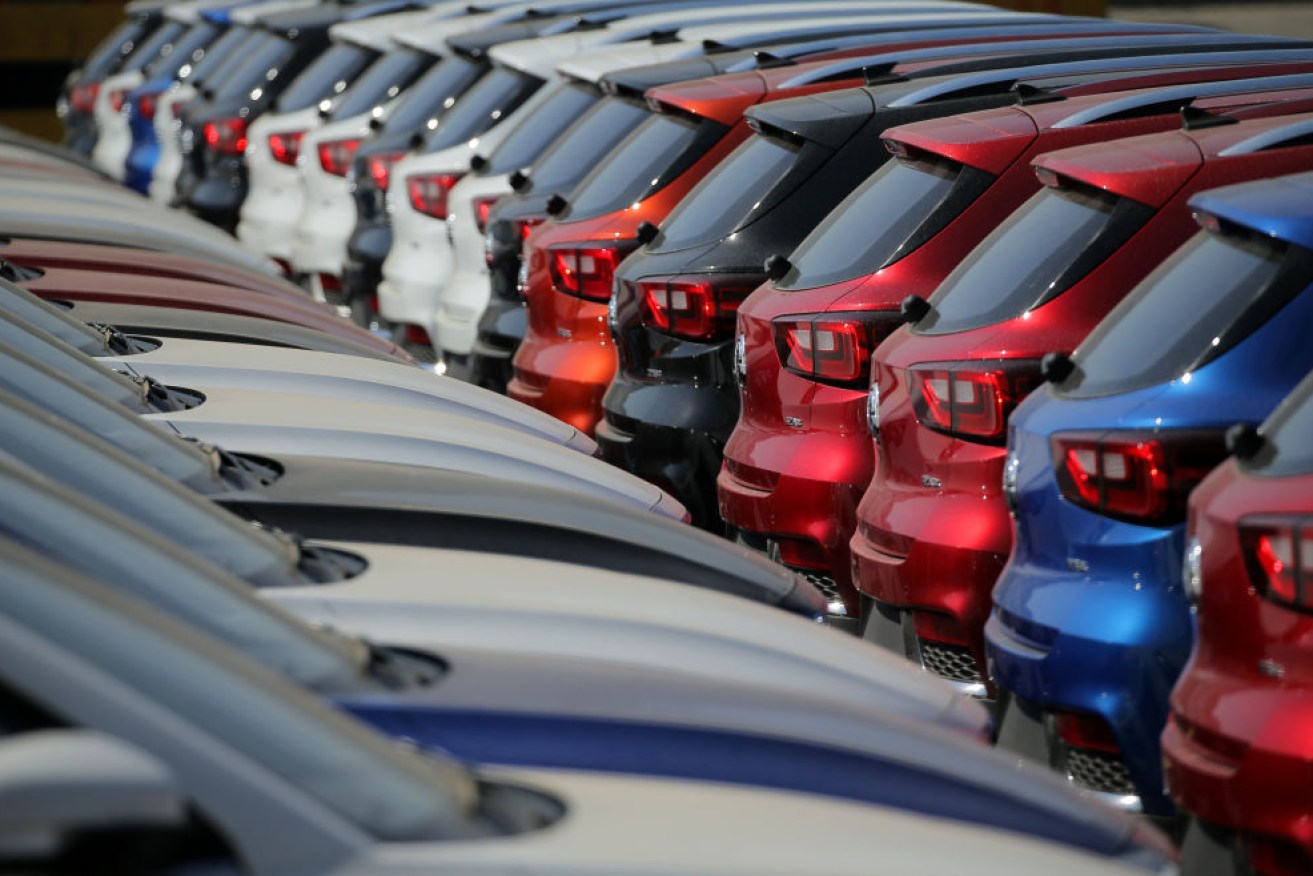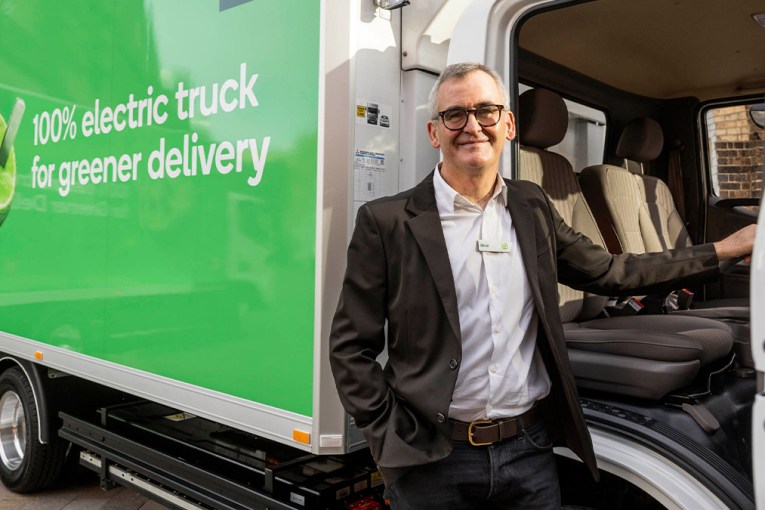Why too many new cars is good news for consumers


Sales of new vehicles are down more than 8 per cent in 2019. Photo: Getty
There has never been a better time to buy a car, as new car sales continue to tumble and the world grapples with a glut of vehicles, industry sources say.
The industry is being buffeted by a perfect storm of falling sales fuelled by tighter lending, low wage growth and a stubborn property slowdown, whipped up further by a global oversupply of cars.
As one industry source noted: “June is always the best time to buy a car, but this is probably the best ever.”
Figures from the Federal Chamber of Automotive Industries (FCAI) show car sales fell 8.1 per cent in May compared with the same month last year, while year-to-date sales are also down 8.1 per cent compared with 2018. And those falls also come on the back of a weak 2018.
“The Australian market has seen the same trend throughout 2019, resulting in an overall decrease of around 8 per cent for the first five months of the year,” FCAI chief executive Tony Weber said.
A partner at Deloitte Australia and former auto industry senior executive, John Startari, said tougher lending conditions, combined with slow wage growth and the property downturn – shrinking people’s “individual balance sheets” – had driven the slowdown.
“When dealers are putting in applications for credit approval, they are getting a lot more knock backs than they were in the past,” Mr Startari said.
“And people certainly aren’t feeling as rich as they used to, so they’re pulling back and deferring that kind of [big-ticket] purchase.”
Mr Startari said conditions had made it tough for dealers but perfect for anyone in the market for a new vehicle.
“Cars are certainly cheap. There are some unbelievable deals right now, but there have been for the last six to eight months,” Mr Startari said.
The growth of new vehicles sales, he said, comes either via used cars being traded up for new, or through population growth.
“With neither of those happening, the only other way growth can come is through discounting, and that’s what’s happening now.”

The Alfa Romeo plant at Cassino, Italy: Manufacturers are grappling with an oversupply of vehicles globally. Photo: Getty
And the combination of fewer sales at lower margins had put pressure on dealer profits.
In the last half of 2018, Mr Startari explained, the return on sales (which is net profit before tax divided by revenue) for car dealers slumped to 0.2 per cent against an industry standard of 2 per cent.
While that recovered somewhat in the first half of 2019 to 0.9 per cent, it’s still less than half the usual return, forcing dealers to cut overheads like staff, stock and advertising.
“If sales continue to be sluggish, that will get worse. But I think we are actually over the worst of it,” Mr Startari said.
It’s a global problem
Veteran motoring writer and industry commentator Paul Gover said the continued slide in new car sales in Australia had coincided with a glut of vehicles globally.
“Historically, cars have never been cheaper,” Mr Gover said.
“Based on the measure of the factors of weekly income needed to buy a new car, they’ve never been more affordable than they are today.”
Mr Gover said manufacturers globally had been optimistic in their forecasts, but with global economic growth slowing, they were now dealing with an oversupply.
And with production taking about six months to work its way through the system, dealers faced little option but to discount.
“What that means is that they keep building them and shipping them [even if retail sales are stagnant], because it’s better to take a hit on the retail end than at the production end, which would mean shutting factories and killing jobs.”
And it’s not getting better too soon
Mr Startari cited a Deloitte Access Economics report from earlier in the year predicting that 2019 would be much like 2018, with the sector picking up again in 2020.
But a report from Germany’s Centre for Automotive Research (CAR) has predicted global sales of vehicles will fall more than four million in 2019, and the market will take its biggest hit since the 2008 global financial crisis,
Forbes magazine reported that the fall, triggered by US sanctions and a huge fall in sales in China, will persist for more than four years and be ramped up by harsher regulations for CO2 emissions.
The report predicted that world sales in 2019 would fall to 79.5 million – down from 83.7 million in 2018 – and won’t recover to 2018’s levels until 2022, when sales will rise back to 84 million.








